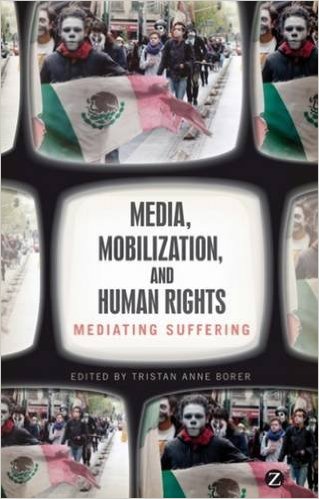Insightful articles examine media’s attempts to inform the world about suffering
By Susan S. Novak
SUNY Potsdam
Student newspaper advisers and journalism teachers know the difficulties of helping young reporters understand the nuances of objectivity and bias, false balance and fair reporting. We ask such questions as: Do we know our audiences? Are we framing? Employing a U.S.-centric or regional slant? Supporting only one side?

Advocacy creep into news reporting is concerning, but in some stories, a degree of advocacy may have a legitimate place. Even some well-known reporters have argued the point: In a 1996 article about the Bosnian War coverage, Sherry Ricchiardi quotes CNN’s Christiane Amanpour as saying, “”In certain situations, the classic definition of objectivity can mean neutrality, and neutrality can mean you are an accomplice to all sorts of evil. In this case, genocide and crimes against humanity,” and Bob Steele of the Poynter Institute as suggesting that in this war, “presenting the other side in the interest of neutral reporting is ‘simple-minded.’”1 (26)
Human suffering is an area of coverage that reporters should consider carefully, and this is the focus of Tristan Anne Borer’s 2012 volume Media, Mobilization, and Human Rights: Mediating Suffering.
Continue reading “Book Review: Media, Mobilization, and Human Rights: Mediating Suffering”